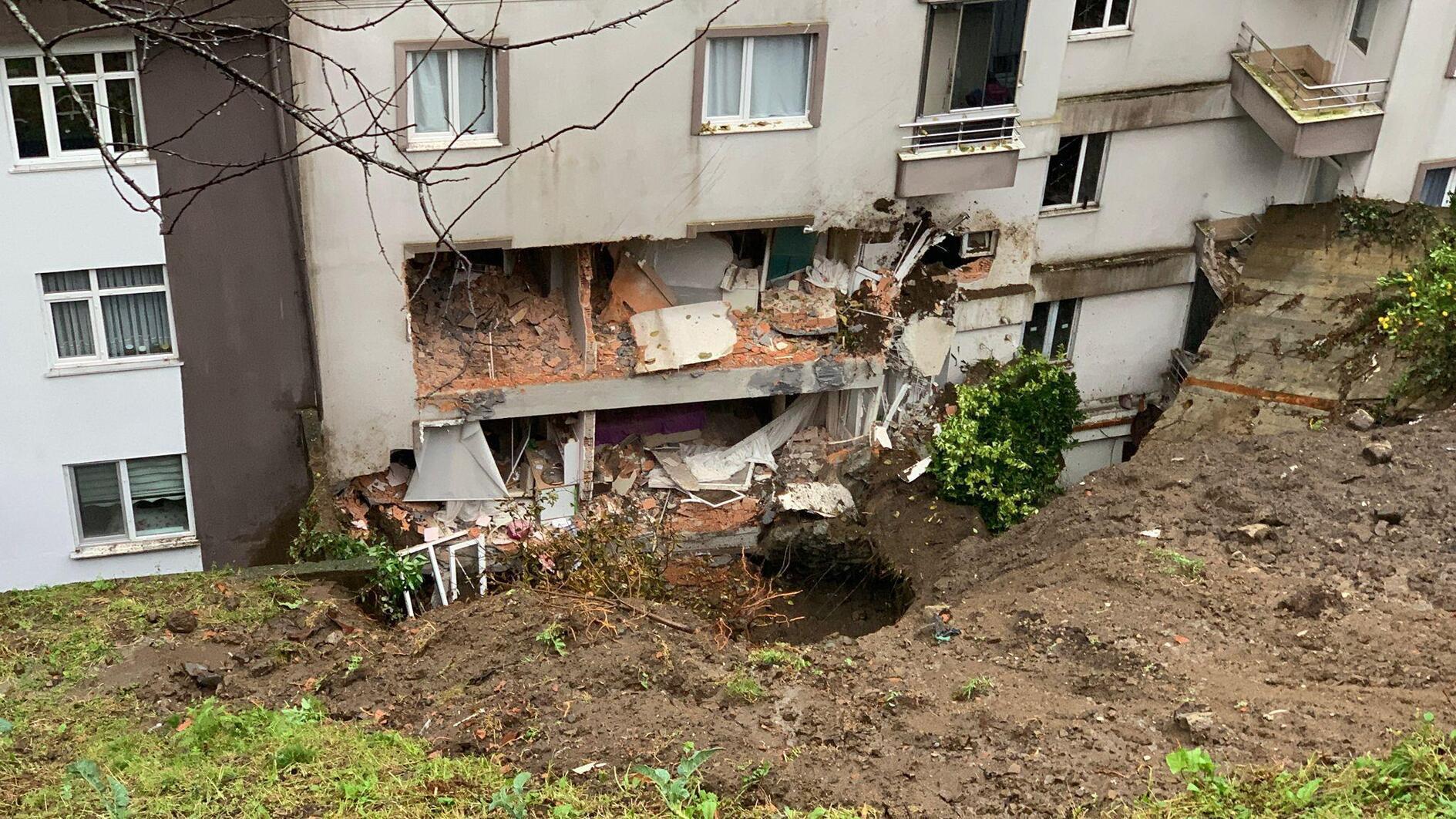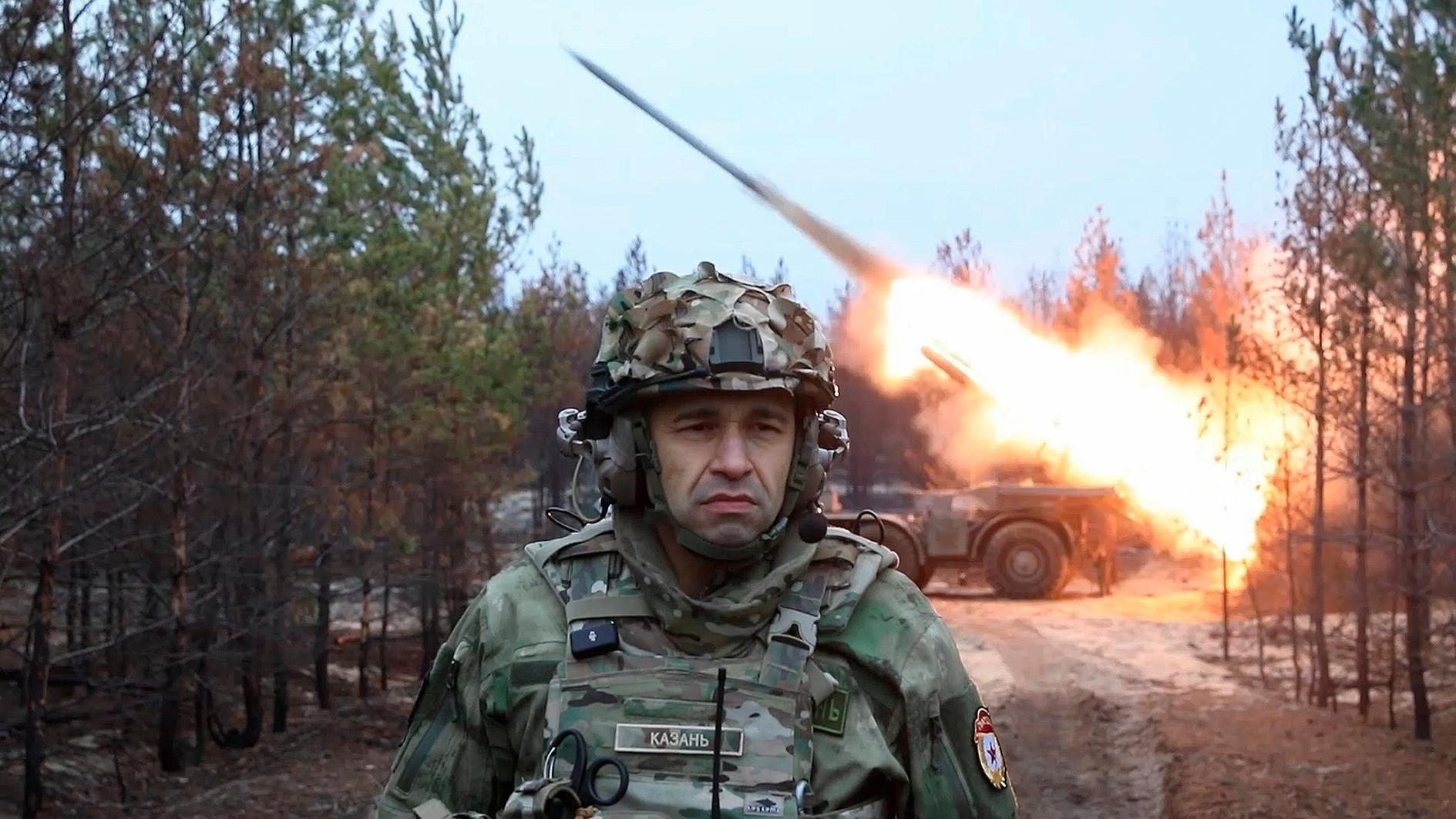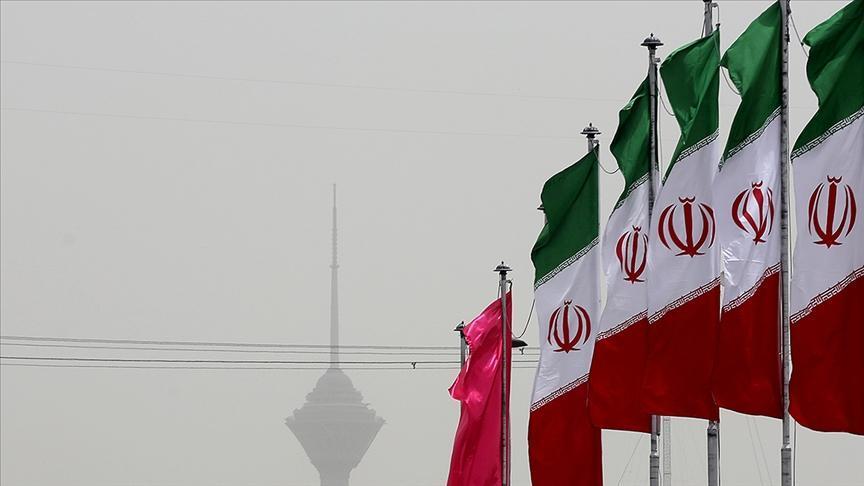The dinghy people
“1 refugee without hope is too many” is one of the UNHCR’s fancy campaign slogans crafted to create further universal awareness on an issue which does not require further universal awareness: the plight of the refugee. Ask the shepherd in the Andes, or the baroness in the Alps, and you will get the same answer: “We must do more to help them…” Sure. But not necessarily in a way in which we will find comfort.
They resemble the Vietnamese boat people of the late 1970s. They are (mostly) the Syrian “dinghy people” of the 2010s. The lucky ones arrive on the shores of this north Aegean Greek island in rubber dinghies. The unlucky ones drown during their “journey to hope.” The first thing the lucky ones ask of the locals as they disembark is power to charge their smart phones.
Most of them stay in tents; some rent hotel rooms. They queue up in front of souvlakia and travel agents – to buy cheap food and not-so-cheap flight or ferry tickets that will take them to mainland Greece. Not all of them are suffering. Greek police found 120,000 euros in cash wrapped on the body of one refugee.
They go to cafes and bars, and speak English better than some locals. Many local shopkeepers have found treasure in their spending at a time when a punishing economic crisis brought their businesses to the verge of bankruptcy. Everyone volunteers to help the dinghy people who are fleeing war in their country. Everyone feels sorry about them. Everyone sympathizes them. Everyone empathizes with them.
Millions of Syrian “dinghy people” have had to leave their homes because of the civil war in their country. They have fled from multiple atrocities committed by the Syrian regime, dozens of different groups of jihadists, the Kurds, or a combination of any of these. In short, they have had to leave their homes because their lives were in danger. True? True. Theirs is a sad story. But not exactly honest.
They do not risk their lives to flee war and reach the shores of this peaceful island. Their lives in Turkey are not in danger. There is no war in Turkey as in Syria. They do not flock to Greek islands from Syria. They flock to Greek islands from Turkey. They do come to Greek islands because they want to come to Greek islands. Not because their lives are in danger in Turkey. They come to the Greek islands because they want to be on European Union soil.
They are predominantly Muslims. They do not think Muslim Turkey is good enough to live in. They prefer to be the “dinghy people” to reach Greek shores. The Greek islands they reach are not good enough either. They want to go to mainland Greece. They are not fleeing war on a Greek island. As they reach mainland Greece they want to go to Serbia. Not good enough either. Then to Hungary. They do not flee mainland Greece and Serbia because of war. There is no war in either country.
They want to leave Hungary as well. Not because of war, again; there is no war in Hungary. Their lives are not in danger on a Greek island, in mainland Greece, Serbia or Hungary. They want to go to Germany, Austria, France or Britain. They think that the places en route (Turkey, the Greek islands, Greece, Serbia, Macedonia, Hungary) are not good enough to live in.
And the entire world loves to weep over the sad story of the dinghy people who must flee war at home. Wars in Turkey, Greek islands, Greece, Serbia and Hungary?
They have fled home because of war. They are now fleeing wherever they are for a better life. Ironically, the better life they want to find is in the “infidel” lands they always blame for being “the evil.” Really, why do Muslims flock to the lands they view as evil?










